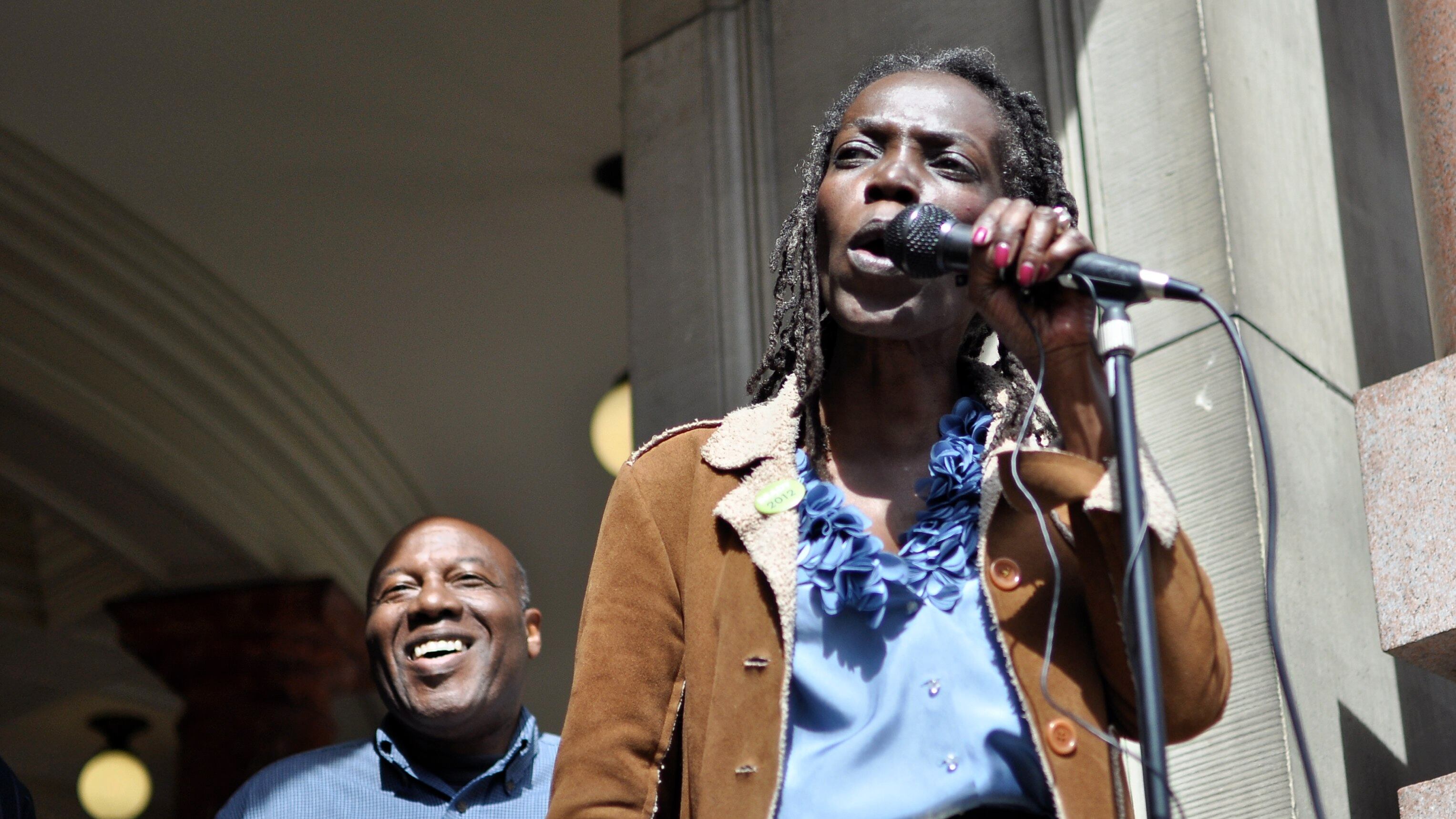The storied civil rights organization, the NAACP, is an active force in politics, but is careful when employees or officers seek public office.
A search of news stories shows that leaders as nearby as Washington state and as far away as Georgia have resigned posts with the organization when they contemplated a run.
But when Portland City Council candidate Jo Ann Hardesty declared a run for office last September, she did not resign her position as president of the NAACP of Portland. She has continued to take an active role in the organization while running for office.
Asked this morning whether she needed to step down, she told WW: "That's not my understanding," she said. "There is no mandate that I resign."
Hardesty followed up an interview with WW by doubling down with this statement:
"Just as any other candidates who run for office, I am often most known by my elected positions and for my work within the Portland community, including being a former legislator and Navy sailor in addition to President of the NAACP," Hardesty said.
"I took office as president for NAACP Portland Branch in 2016, and I have never used any resources from the NAACP to benefit myself or my Portland City Council campaign. My candidacy stands on its own, which feels threatening to those who wish that the City continues its business as usual. My track record stands on 28 years of experience and this early attempt at discrediting that experience only detracts from the issues I've heard about from knocking on almost 4,000 Portlanders' doors: housing, climate change and a democracy we can believe in."
(Hardesty stopped hosting a program at local radio station KBOO for the duration of the campaign, she told WW.)
Hardesty added that she would seek a written opinion from the regional NAACP president to make sure her understanding is correct.
WW contacted that regional president, Gerald Hankerson, who leads the NAACP of Alaska, Oregon and Washington. Hankerson made a distinction: NAACP officers, who are all volunteers, must "step aside" for the length of the campaign. (They need not resign.) But Hardesty had done neither.
"Anyone who is running for political office is required to step aside," he says, adding that he was aware Hardesty was running but had understood she was not attending or running NAACP meetings and had handed over leadership, at least for the time being, to the local branch vice president.
"She cannot use her office of presidency to advance her own political career," Hankerson says.
When WW read Hankerson a copy of a Facebook flyer from the candidate's Facebook page, he expressed concern over the fact that it advertises her role as NAACP president.

"If that's true, that is a problem," he says. "It gives the appearance that she's promoting it because she's NAACP president."
This evening, Hardesty said she would have her first vice president step in to run the next several meetings.
"This is people looking for dirt," she says. "Just to make this a non-issue I will step back and ask the [vice president] to facilitate the next few meetings. "
Hardesty is not the first candidate in the race to replace Commissioner Dan Saltzman who has faced questions over campaigning without resigning a post. Loretta Smith faces a lawsuit that will be in Multnomah County Circuit Court tomorrow that accuses her of failing to resign her post as the county charter requires. (She disputes that.)
One difference: Hardesty highlighted the fact she is an unpaid volunteer. Smith’s county position pays her more than $103,000 a year.

